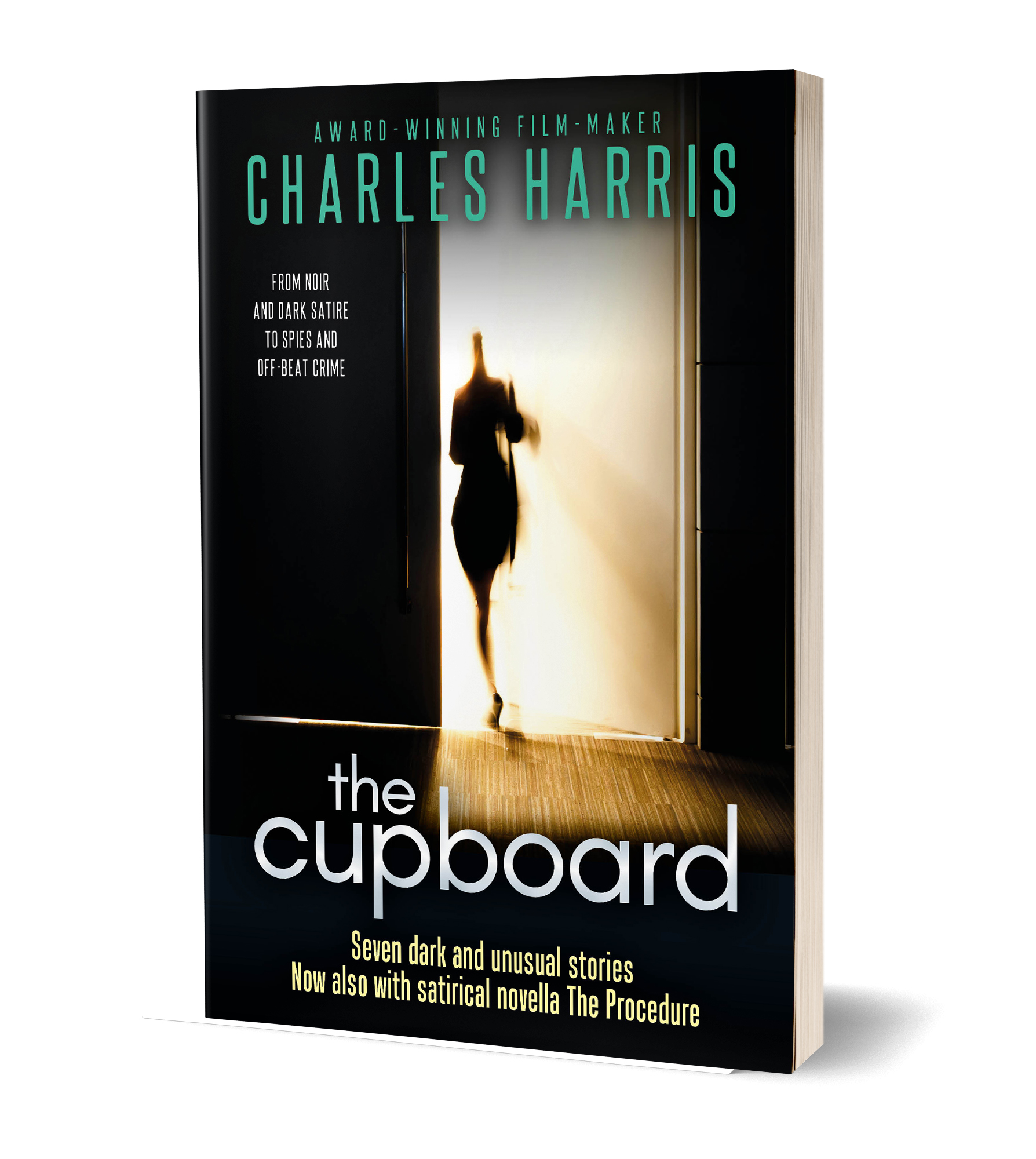Tags
character, creativity, mental game, Screenwriting, success, technique, writing
I’m thinking a good deal about creativity at the moment, as I prepare for the launch of my next novel. In particular I’m aware that these are difficult times to let yourself go and be your full creative self.
This applies to all writers – however great the level of experience. When life is so tough for many people, the writing itself can become a problem.
It is easy to put off our most valued plans – or just find that the writing doesn’t flow as richly as it could.
The irony is that this is a vital time to be writing – the media become even more important to people in a recession. The demand for good quality writing grows stronger than ever.
From personal experience, I feel that the key to performing well under pressure lies in your unconscious mind and in learning how to stay in full contact with it.
Roughly 5% of your mind is conscious – the part that plans, runs and observes what you do. The remaining 95% is unconscious. However this 95% is a crucial source of inspiration – it is that 95% that provides you with the energy, the excitement, the ideas, the flow that you need to succeed creatively.
When the pressure is on, the temptation is to fall back on the 5% that we have direct control over. However the result is almost invariably an anaemic, over-controlled, thin kind of creativity.
By contrast, we all have experience of those moments when surprising, fresh ideas just seemed to come automatically, the words fell into place, the characters came to life – if only for a moment. That is the working of the powerful resources of your unconscious.
Can you imagine what it would be like to be able to draw on those deep, rich resources on a regular basis? That is a central skill that successful writers need to develop.
One way to do this, is to use your habits.
Habits are unconscious actions. We have bad habits – some writers procrastinate, others fall back on tried and tested ideas that have run out of steam.
We also have good habits – such as brushing your teeth, reading books or going to movies.
One quick and powerful method of training your unconscious is to link a habit you’d like to have with one you already do have – by chaining one activity onto another.
For example, immediately after a habit such as brushing your teeth in the morning, think of one thing you could do that will improve your writing.
You could (for example) spend the next ten minutes writing the first page of that draft script you’ve been meaning to start. Next day, page two…
Or you could spend an hour playing with an aspect of your writing you’ve been aware of neglecting (develop a character, explore a theme, write a joke…)
After a week or so, the new activity will become a good habit, enriching all your work.


One Comment
November 28, 2011 at 10:41 am
Thanks for this great article